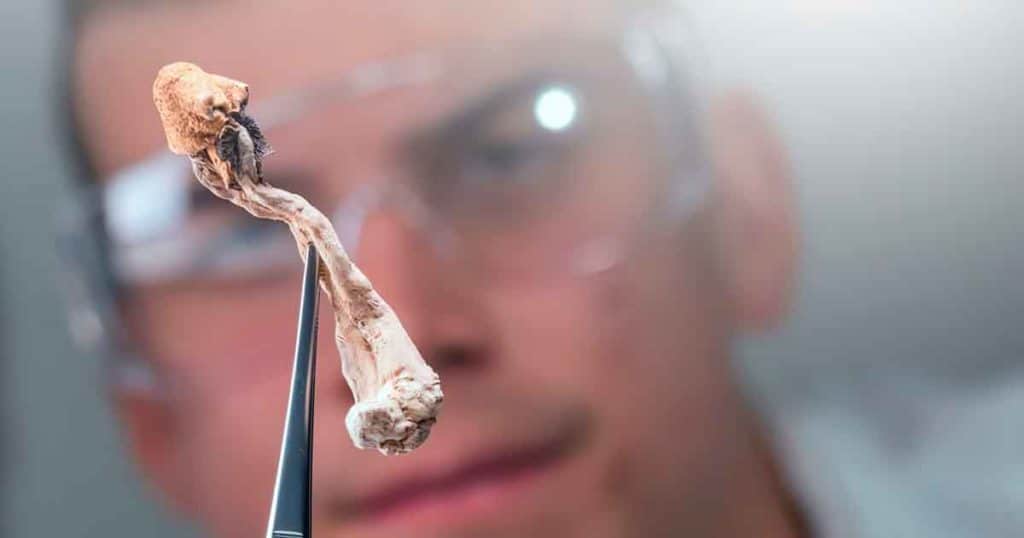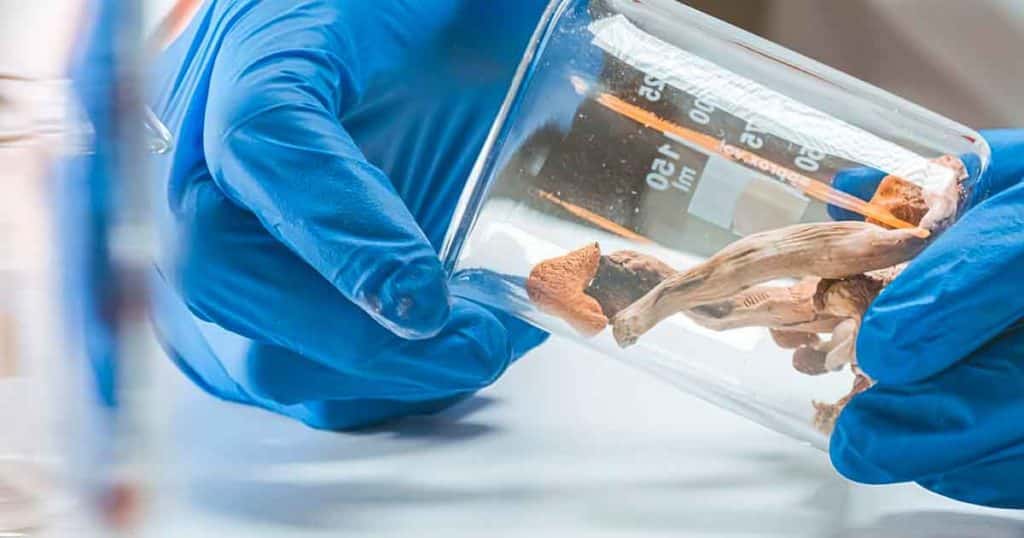Arizona lawmakers have filed a bill that will promote research into the potential of psilocybin mushrooms to aid a variety of medical conditions. The outlook is that this bill will inform future reforms on authorizing psychedelic-assisted therapy.
The incoming legislation is another prominent example of how lawmakers across the board will approach psychedelics policy in the 2023 session. This has seen significant traction gained, with the issue to be addressed in more than a dozen bills in state legislatures across the US. These psilocybin research grants will do well to open the conversation on psychedelic use as a viable solution to a series of chronic conditions.
What The Legislation Entails
The legislation, as proposed by Reps. Kevin Payne (R), Jennifer Longdon (D), Stacey Travers (D), and Sen. T. J. Shope will focus on psilocybin research, providing $30 million in grants to be disbursed over three years. With this funding, scientists will study the impact of psychedelics on 13 different conditions, ranging from post-traumatic stress disorder or PTSD, depression, and anxiety, to COVID symptoms and substance misuse disorder.
These developments wouldn’t outright legalize psychedelics in line with what lawmakers in other states are looking to achieve. Still, it would do well to shape reform and discourse around psychedelic use further down the line. The hope is that the research in this regard will effectively prove something of a precursor to legalization in future sessions.
Research grants would be disbursed in a phase I, II, and III format for clinical trials that would be subject to approval by the United States Food and Drug Administration (FDA), which will seek to evaluate the effects of whole mushroom psilocybin” for the stipulated conditions.
The Department of Health Services would oversee the research program with grants to be allocated by no later than July 1st every year for the next three years.

What It Means For Public Discourse
According to the legislation, the research will have to look at utilizing whole mushroom psilocybin cultivated under a Schedule 1 license as issued by the United States Drug Enforcement Administration (DEA)” and “using veterans, first responders, frontline health care workers and persons from underserved communities as research subjects.”
Researcher at the Arizona-based Scottsdale Research Institute (SRI), Sue Sisley, who has been conducting psychedelics and cannabis studies, said that the best and most sensible approach for Arizona would be to sponsor randomized controlled trials that will utilize whole, natural mushrooms and not just their synthetic counterparts.
According to Sisley, the bill heralds new ground for psychedelics research since the bulk of existing studies were single molecule studies. Sisley is excited that Arizona will be a leader in conducting real-world clinical trials that will look at patients’ actual consumption of psychedelics instead of conducting these on an unattainable and seemingly inaccurate synthetic model as customarily done.
She is further enthused that the traction around psilocybin is representative of hope that the psychedelic will, in the future, be able to bring relief to the many people who suffer from unmanageable pain from their chronic conditions.
It is further said that under the bill, recipients of the grant money and those who work on the clinical trials would enjoy certain protections from prosecution during clinical studies.
Oversight Of Psilocybin Research Grants
A Psilocybin Research Advisory Council will be established under the DHS, which will be charged with developing eligibility criteria for grant recipients, processing applications, and making recommendations to the governor and other national government members, and the department on psychedelic-assisted therapies based on existing state and federal research policy. As such, the bill would need to include the DHS director, a physician with a federal license to study psychedelics, a military veteran, a police officer, and a professor/researcher from an Arizona-based university.
While proposals vary in scope, they speak to a rapidly growing interest in the discourse around the decriminalization of psychedelic substances, creating increased scope for research into their therapeutic potential. Funding invested for psilocybin research grants is also indicative of a change in the tide at the governmental level.
Developments so far include that of a Republican New Hampshire lawmaker who filed a bill to legalize the possession and use of psychedelics and LSD by adults 21 and older. And while this is a bit of a premature shot at gold, similar bills were filed in states like New York. Governor Kathy Hochul also recently signed a bill that mandates the rescheduling and descheduling of Schedule 1 drugs like MDMA, provided they’re reclassified under federal law.
Senators in the capital also recently released a revised bill to legalize psilocybin services for adult use.
Progress continues to be made across the US, with efforts for psychedelic reform underway in Connecticut, California, Colorado, Illinois, Missouri, Minnesota, Montana, New Jersey, Oregon, and Virginia. This is on par with an analysis published by the American Medical Association journal last month, which concluded that most states will legalize psychedelics by 2037, based on the current uptick in psychedelic policy interest.
While the news of Arizona’s research bill is far from legalization, it represents a positive movement toward that ultimate goal. And with the discourse from top-level government and the public changing in character to destigmatize psychedelic use, we hold out for favorable outcomes in a future nearer than we might think.

Enjoyed that first hit? Come chill with us every week at the Friday Sesh for a freshly packed bowl of the week’s best cannabis news!
















